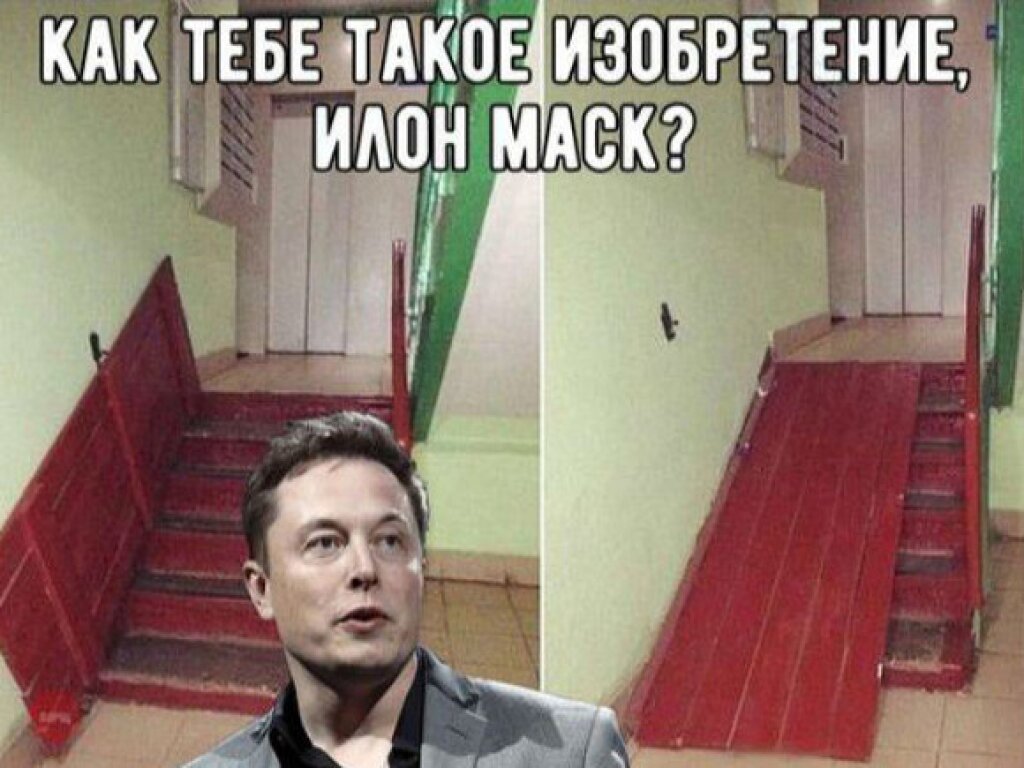This is the conclusion of a five-part series on the question of Russia and “fake news” by Vasily Gatov, who is a USC Annenberg Visiting Fellow.
Part One can be found here.
Part Two can be found here.
Part Three can be found here.
Part Four can be found here.
Part Five: What Is to Be Done
Since the disastrous 2016 elections many of my friends have joined a Facebook group named “What is to be done” (to impeach DJT). An important grassroots initiative that seeks to combat of Trumpism in domestic policy on a day-to-day basis, this groups also tends to fall in love with the sensationalist discovery of “yet another piece evidence of collusion with Russians”. But in my humble opinion, reading Louise Mensch’s “revelations” and other dubious reports on Russia meddling is something that should not be done.
Unfortunately, Putin’s Russia is a threat, and this should not be dismissed. While I fully understand why people are so angry with Russia for 2016, sobriety and rationality are my personal religion, and I stick to it.
First and foremost, the Russian threat is much more dangerous inside Russia. Blinded by his own own conspiratorial beliefs, Putin is expanding and deepening the trenches of the counterintelligence state. Under his guidance (and according to his wishes) Russian security services suppress opposition, threaten civil society and recreate an atmosphere of total suspicion. In the name of the fight against imaginary American interference, Putin and his lieutenants plunder the remains of Russian civic culture. Day after day, Putin’s corrupt and bureaucratic state makes peaceful change less and less possible – because the ‘Americans did it to us’. Cornered by many fears (most of them imaginary), Putin is inciting the construction of a new Iron Curtain – happily supporting efforts on both sides, by Russian isolationists and Western hysterics. Domestic propaganda is far more aggressive and damaging than its foreign counterpart: the goal of the counterintelligence state is not to mitigate dangers, but to turn every citizen into a paid and reporting agent.
Second, Putin’s Russia is adventurous and inventive, yet ignorant. When going after America (whatever that means), Russian influence targets an imaginary, anecdotal USA. In this imaginary America, white supremacists suffer Democratic oppression as they engage in their beloved pastime of lynching black criminals; Blacks are a cynically oppressed minority with no national voice (Obama only signifies the hypocrisy of the ruling class). American Christians suffer under the totalitarian rule of Sodomites (this is the latest addition). And, to make the picture even gloomier: this all happens in a country that is bankrupt by default, and ruled by CIA.
Let me reveal one important point: the Russians in power know nothing about the USA, including Putin. Their perception of the States comprises a mix of Hollywood poster templates, Soviet propaganda phantom pains and limited private contacts with ordinary Americans who weathered through Russia. As Americans of many generations grew up with some kind of obsession of Russian threat, generations of Russians were indoctrinated with staunch anti-Americanism. Vladimir Putin is no exception: born in 1952, he has all the fears and habits of thought of the Cold War generations; he shares the 1990’s adoration of capitalism (and America) and the 2000’s loss of illusions. As his efforts to build a better state faced organic, sustainable problems, he looked for an enemy meddling in his work: a proactive and expanding USA was an easy target to choose.
Russian (Putin’s) grievances are many: NATO expansion, (unfair) economic competition and the cost of capital (the American economic weaponry Putin envies most), and lack of respect for Russian greatness – just to name a few.
So this is not a “glitch” – it is a persistent threat that cannot be resolved on the recipients’ side, because Russians do not really care about the recipients. Their goal is to penetrate and confuse - not to have rational results; if malicious “code” causes harm – that’s fine, but the goal (at least for RT and its siblings) is to report on to their superiors. When people here try to rebuke “Russian fakes,” they only serve the penetration goal as they distribute the message; for RT there is no such thing as bad publicity.
This is why I am critical and skeptical, especially about people with a computational background who presume that some sort of technological solution will be a sufficient safeguard for American democracy (at least until the perpetrator develops something new and dangerous). Unfortunately, as this “warfare” includes a massive human component as well as social media algorithms, such an approach is pointless. Unfortunately, most of the manipulation engines are far less complex than rocket science and nuclear fission – all the warfare components are openly available, unchecked and unhinged; some necessary tools (in the world of nuclear weapons, they would be called “dual-use technology”) are actively marketed and offered to any buyer as tech startups, especially since the big data field is so desperate to get customers.
Like hacking tools and techniques, “fake news weaponry” is supplied by careless service providers, libertarian activists, tech firms and indirectly, by industrial and academic research. Also, as digital space is quite commercialized, there are a lot of companies that sell bots, DDoS software, AI tools etc. Let’s be clear – Russians would not be able to produce a massive quantity of English language fake news without Mechanical Turk’s translators, Indian content farms and the US and Israeli services like White Smoke.
Part Six: Executive Summary
Be sober.



